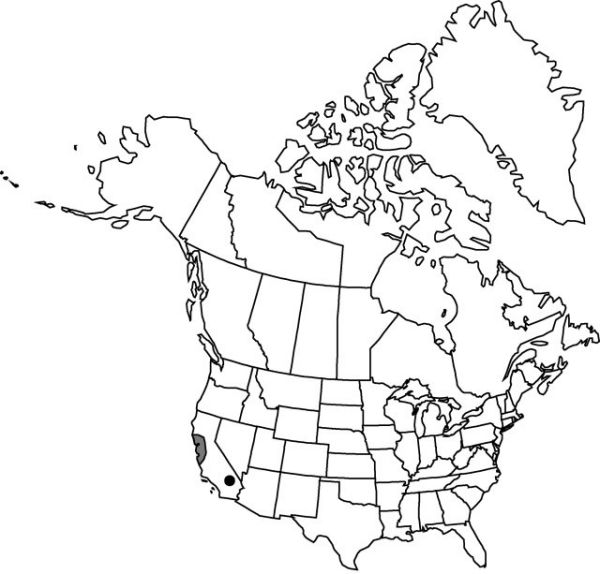Iris longipetala
in W. J. Hooker and G. A. W. Arnott, Bot. Beechey Voy., 395. 1840.
Rhizomes with short, creeping branches, stout, 2–2.5 cm diam., covered with bases of old leaves; roots numerous, fleshy. Stems simple or 1–2-branched, solid, 3–6 dm. Leaves: basal persistent, blade dark green, turning gray or yellow-brown when drying, veins not prominent, linear, 4–7 dm × 0.6–1 cm, usually longer than stem, glaucous or subglaucous, apex acute; cauline 2–3, reduced. Inflorescence units 3–6-flowered; spathes distant, inner sometimes 10 cm distal to outer, green, narrowly linear-lanceolate, 8–15 cm × 20–40 mm, herbaceous, margins and apex scarious. Flowers: perianth pale blue-violet or nearly white, with lilac-purple veins; floral tube funnelform, 0.5–1.3 cm; sepals spreading, then drooping at apex, white, flecked and veined with violet, obovate, 8–10 × 3–5 cm, base attenuate into narrow claw with prominent yellow ridge, signal a yellowish basal patch; petals semierect, oblong, 8–9 × 1.5–2 cm, base gradually attenuate, apex emarginate, bluntly rounded; ovary trigonal with central ridge in each face, 2–5 cm; style narrow basally, widening distally, 3.5–4 × 0.6–1 cm, crests overlapping basally, subquadrate, 1–1.5 cm, margins incised; stigmas obscurely to prominently 2-lobed, margins crenate; pedicels stout, 3–9 cm, unequal at anthesis, becoming ± equal at maturity. Capsules 6-ribbed, oblong-ovoid, tapering to either end, almost round in cross section, 8–9 cm. Seeds dark brown, globular, wrinkled. 2n = 86, 88.
Phenology: Flowering Mar–Apr.
Habitat: Wet, heavy soil along coast
Discussion
Iris longipetala hybridizes with I. missouriensis and is found from Mendocino County south to Monterey.
Selected References
None.
